Finding food for health, happiness and hormones with nutritional therapist Molly Love

One part sustenance, more parts joy, habit, nutrition, comfort and tradition, food can mean so many things. These days, food as medicine is a hot topic and when I met Molly, the nutritional therapist behind Molly Love Functional Nutrition in Cardiff, I had lots of questions!
Molly's path to becoming a nutritional therapist began with her own health, when she experimented with food as a way to feel better while living with Crohn's disease. For many of us, there's a chapter in life where nutrition comes to the forefront. I love how Molly goes deep into nutrition for different experiences and goals, from healthy skin to tracking gut health and balancing hormones. In this Q&A, she's kindly spilled the herbal tea.
1. How did you discover functional nutrition?
It was a slow journey for me, but it stems from being diagnosed with Crohn's disease at university. At the time, I was relieved to have a diagnosis finally, so I took the medication and got on with my life, not really thinking about the impacts of food or lifestyle.
Over time, I gradually became more interested in trying different ways of eating and picking up information online. After a few years of trying things out unsupervised and making myself more ill, I went to see a nutritional therapist who supported me in working out what was right for my body and individual circumstances.
I was amazed at the knowledge gap and all of this new information, which would have been so useful to me if I'd discovered it earlier. A few years later, I decided to go deeper and retrain myself so that I could help other people.
2. What are the blind spots most of us have when it comes to food?
It's a hot topic, but a lack of protein is very common, especially at the first meal of the day. It's also common to see people eat very well, but they have the same meals on loop week by week, meaning they are missing out on different nutrients.
Try and aim for diversity, especially of plant foods which will feed different strains of good bacteria in your microbiome.
3. For anyone wanting to improve their nutrition, where's a good place to start?
Reducing your intake of ultra-processed foods and making as much of your food from scratch as possible. If that's not available to you, then learn how to read food labels and spot harmful or unnecessary ingredients.
There are helpful apps like Yuka and Open Food Facts to help you. It's understanding that 2 things can look the same, but if one is ultra processed and the other isn't, your body will have different reactions to them.
4. These days more people are tracking their health with apps like ZOE. What's your opinion on trackers and tests versus being intuitive about how you feel?
I think ZOE has done a great job at educating people about the importance of blood sugar balance. However, I don't think it's necessary for most people to wear a continuous glucose monitor. Knowledge is power but it's important not to outsource too much day to day information to wearable tech and forget how to listen to our bodies.
The one thing I would advise all menstruating women to do is to track their cycle in an app like Clue or Flo; you never know when you might need that information!
If someone is struggling with a specific issue, there are lots of very valuable functional tests to work with. For example, the DUTCH test for hormones and GI effects on gut health can give invaluable information on a specific body system and inform how to best approach creating an individualised protocol to address the root cause.
5. It feels like more of us are learning about our cycles and menopause. How can food help us balance our hormones?
Totally! So much can be done from a nutrition perspective to balance hormones. Building your meals to focus on blood sugar management is a great place to start, so include a high-quality source of protein and fat. Then, add a variety of plant foods for the antioxidants and regular bowel movements! This is key to getting rid of excess hormones and is so often overlooked.
Another key area is to look at stress. So often when we think of hormones, we think of only the sex hormones, but they are all part of the endocrine system and affect one another, so think about what you can do as an individual to reduce stress or increase stress resilience.
6. I love that your work is inspired in part by your experiences with Crohn's disease. What advice would you give anyone struggling with a chronic illness right now?
There are many great support groups and charities specific to chronic illnesses, so I would encourage everyone to find their local network and community. I would also advise researching registered practitioners in your area who could provide additional support; this could be acupuncture, osteopathy, nutrition, etc.
There is a lot of support outside of the medical system, but it's important to speak to someone who is qualified and not become overwhelmed by the internet noise.
7. As you say, food is a science and an art. How did studying at culinary school help you link the two?
This was such an important moment for me! I had spent so much time learning the theory of food, but the missing step was how to put this into practice. I had also spent a lot of time on very restrictive diets, so learning to cook really brought back the joy of food and cooking for me. That's something I hope to bring to my clients, even if they've had to cut out their favourite foods!
8. Let's talk nutrition and skin. What are the most common skin problems you've seen and how has nutrition helped?
This is a big area for me as it can cause so much distress. Some of the most common skin issues I see are acne, eczema, and psoriasis. The first place I start is looking at the gut, often the skin is a direct reflection of gut health.
I also include foods rich in nutrients needed for skin healing, like pumpkin seeds for zinc, citrus and kiwis for vitamin C and good quality protein for the amino acids. Basically, nutrients you see in good quality skincare products, you can focus on eating foods rich in these nutrients too!
9. What's been your proudest moment so far?
That's a great question! I think there are lots of proud moments with my clients, huge things like becoming pregnant after facing fertility issues, but sometimes it's the smaller changes which clients manage to make after putting up a lot of resistance. Helping people to get out of their own way and feel better than they thought they could is huge!
10. For anyone who isn't happy with the way they're eating right now, and is feeling inspired to make a change, what are 3 final tips you would give?
- Make protein and good quality fat the centre of each meal (especially breakfast.)
- Introduce more diversity of plant foods (aiming for 8 veg, 2 fruit a day) this is a great chance to change your mindset to focus on what you are putting in rather than what you are taking out.
- Drink more water! (a broken record but most people are still not doing it!)
11. As recommended by Molly
I asked Molly to share 3 people, books or resources that have inspired her.
1. The Doctor's Farmacy Podcast by Dr Mark Hyman
I listened to this a lot while I was studying, he has very interesting guests and touches on topics in a manageable way.
2. Ultra-processed People by Chris van Tulleken
I think he explains the consequences of ultra-processed foods on our human bodies very well and helps to navigate the supermarket isles.
3. Your local, independent health shop
Wherever you live, you hopefully have access to somewhere like this (I'm talking small, owner-managed stores, not a big chain). Generally people there are so knowledgeable and passionate and can help suggest supplements or particular foods to try.
I spent my first year after graduating in a local store Therapy Organics and it was such an amazing experience! It's also a great way to become a part of a community of like-minded people. If you don't have access in person, then find one online you like and give them a call.
Molly Love is a practising nutritional therapist based in Cardiff. You can find her on her website and also on Instagram where she shares lots of tips and a new series on how to test your gut health. Molly's also offering a free 30 minute health and energy review you can book with her here.
For more sustainable wellness and interviews with people who inspire me, make sure to subscribe to my Ideas Book newsletter.






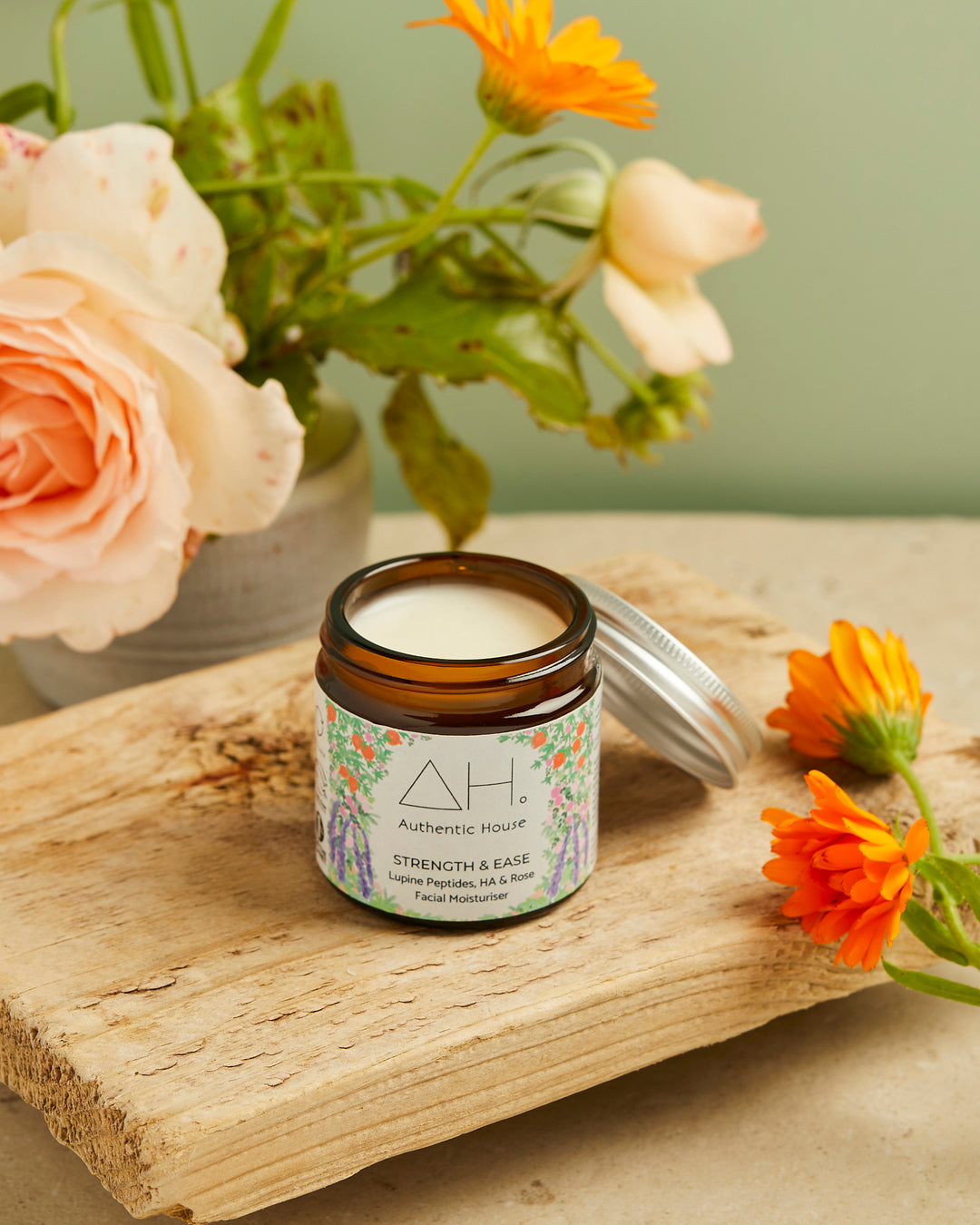

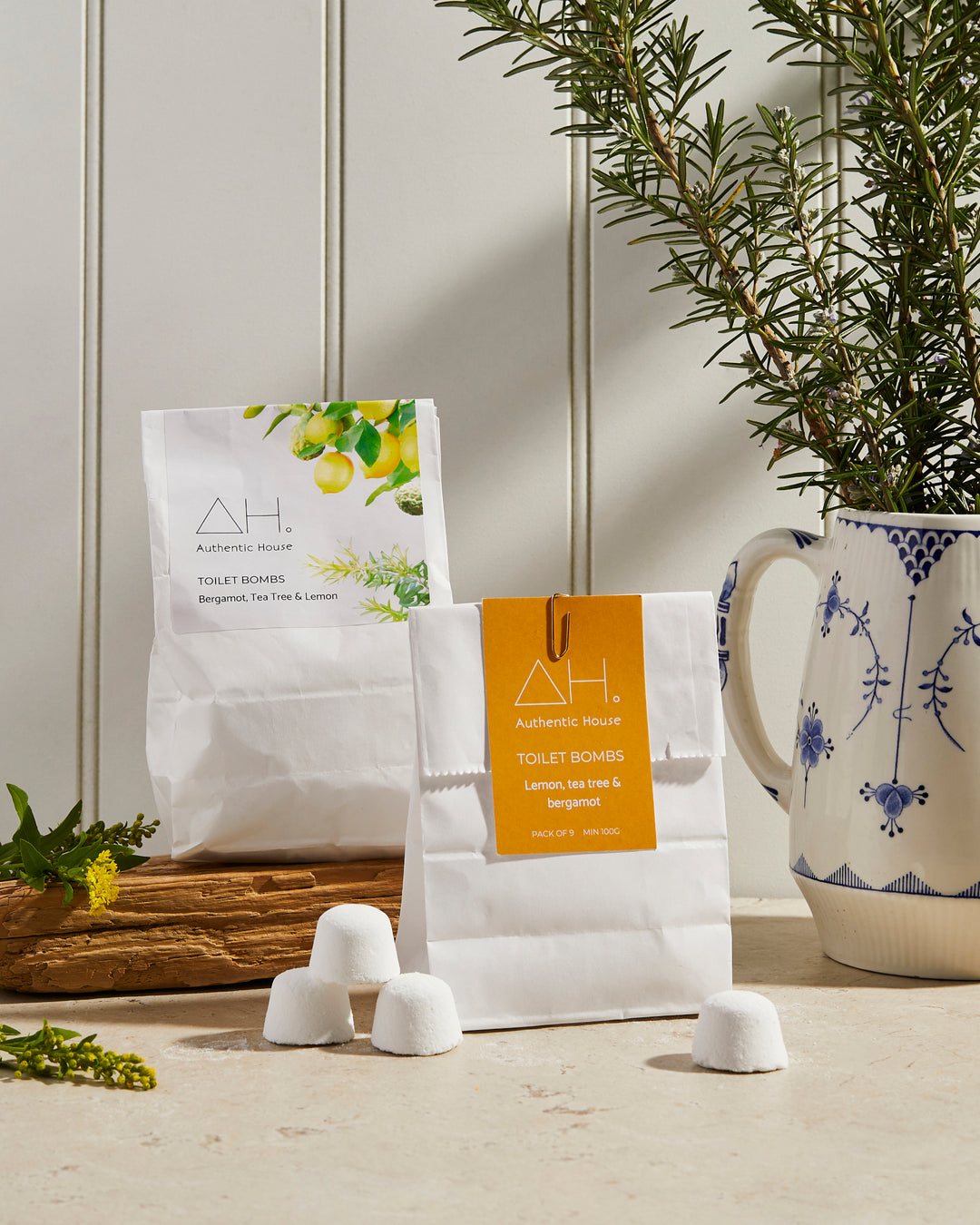
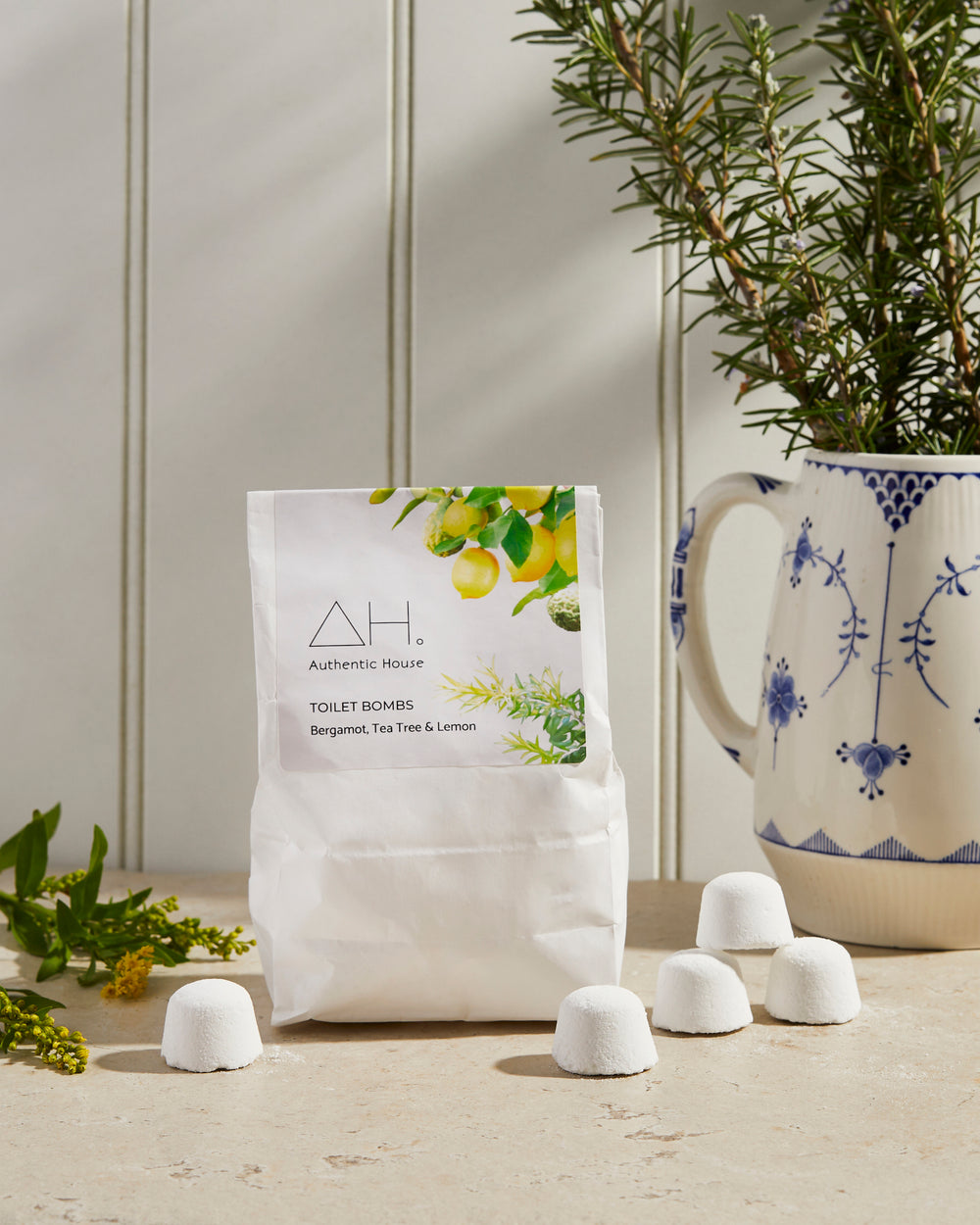


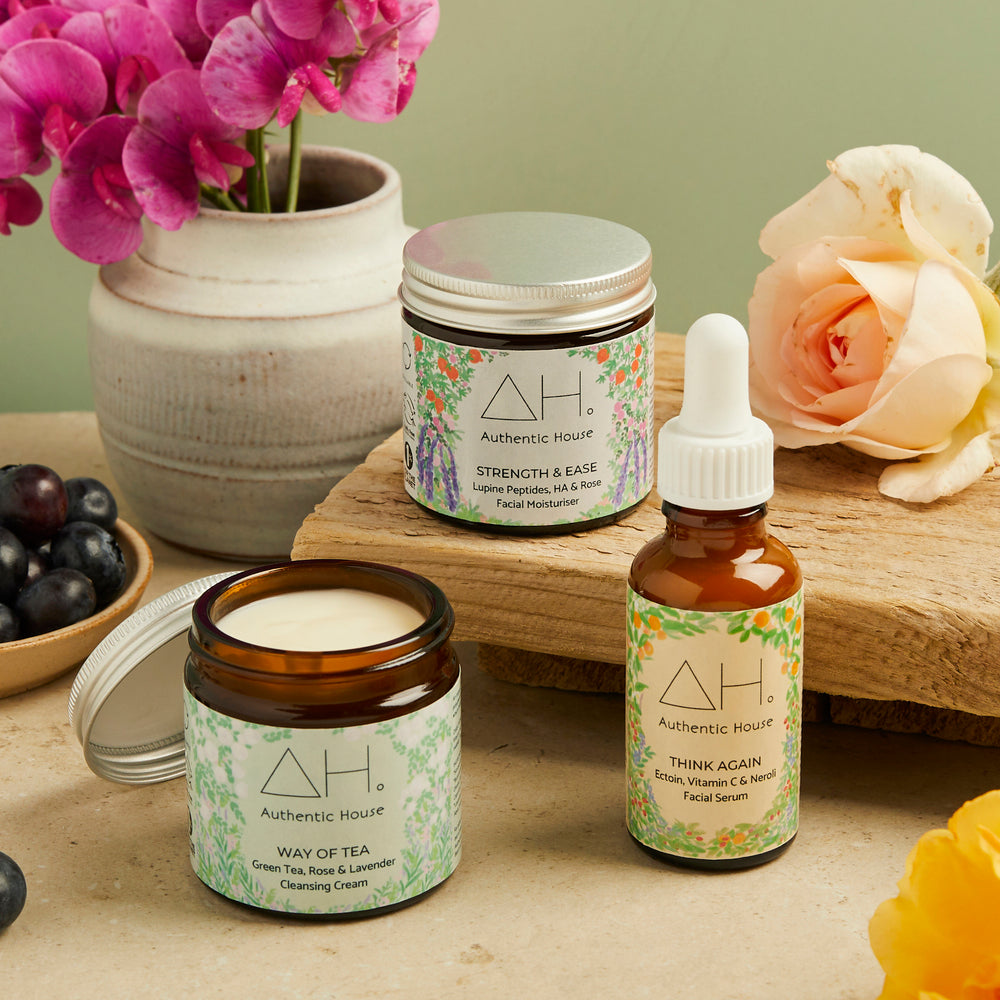




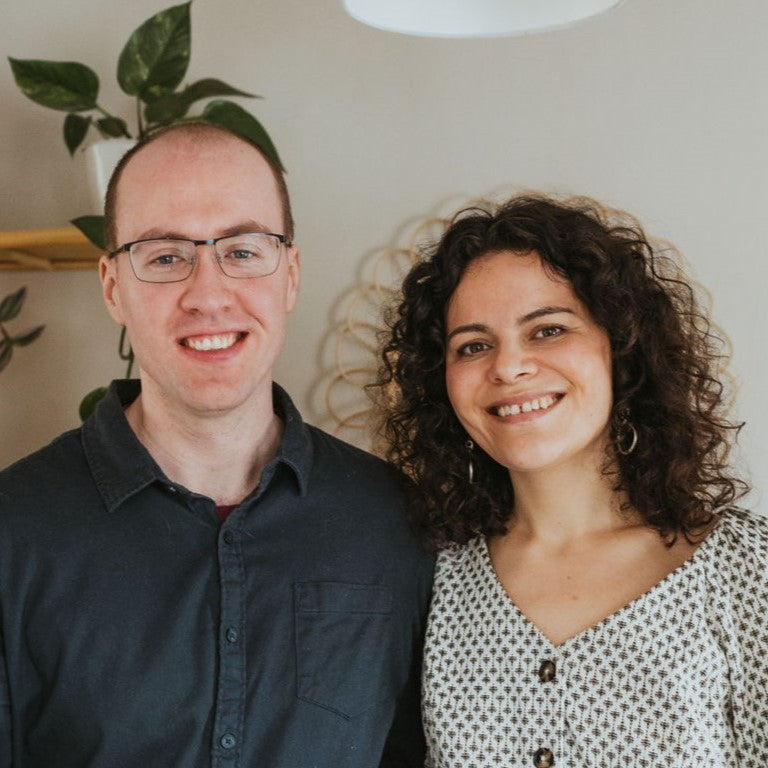
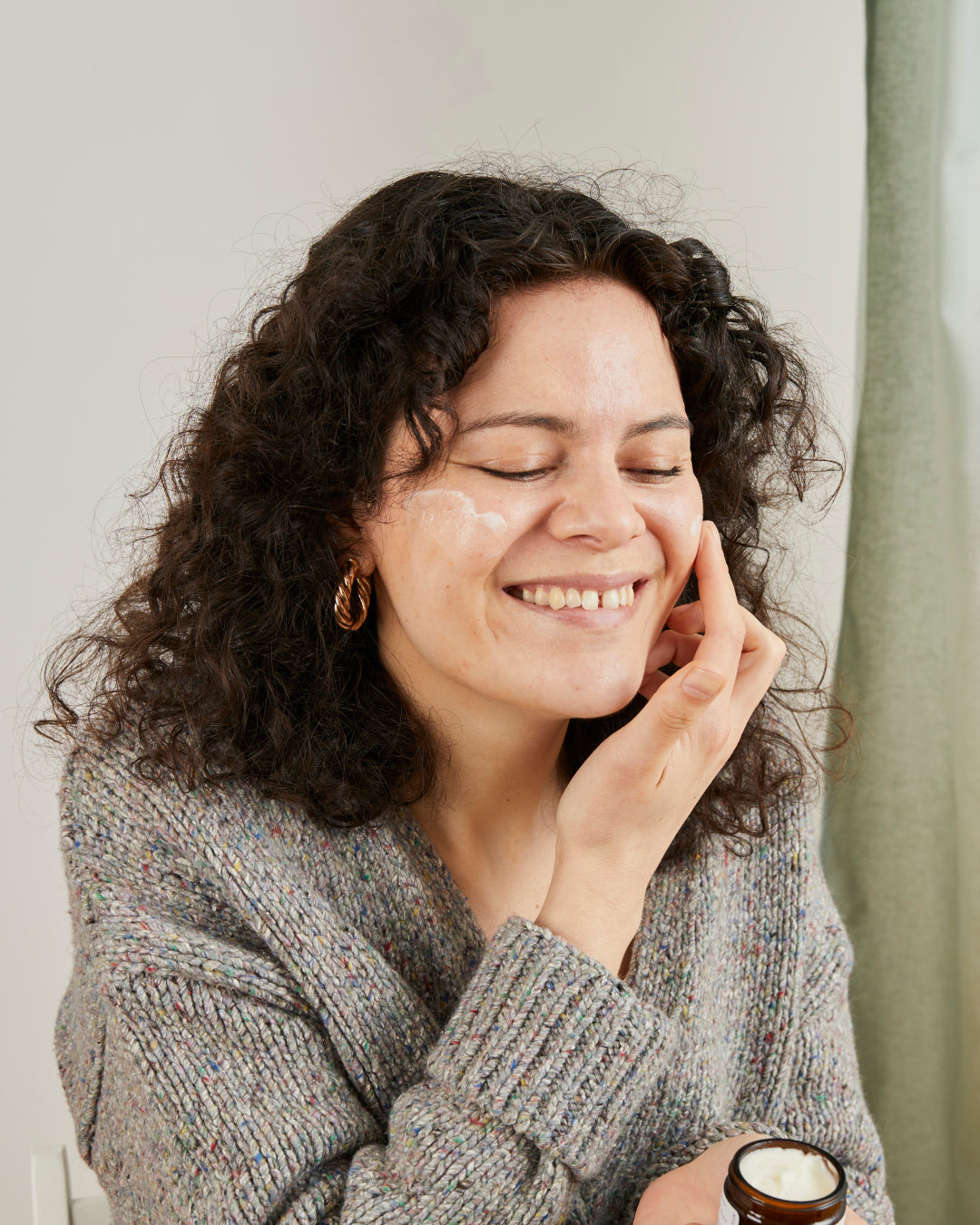

Leave a comment